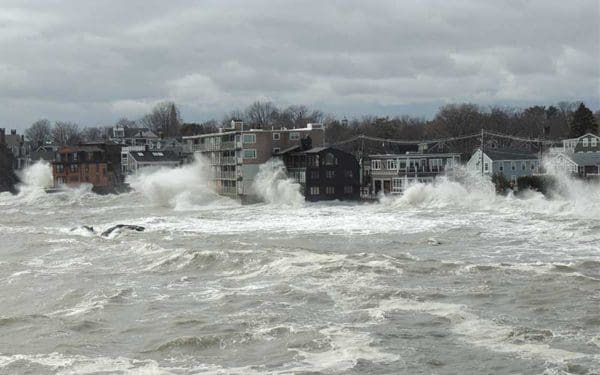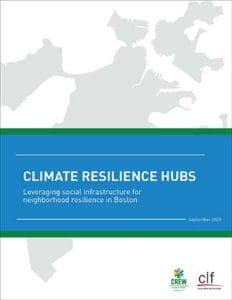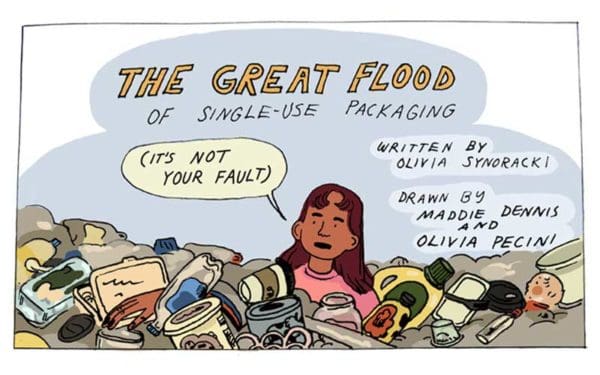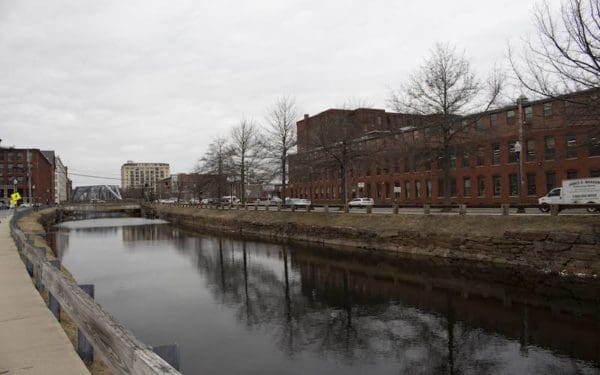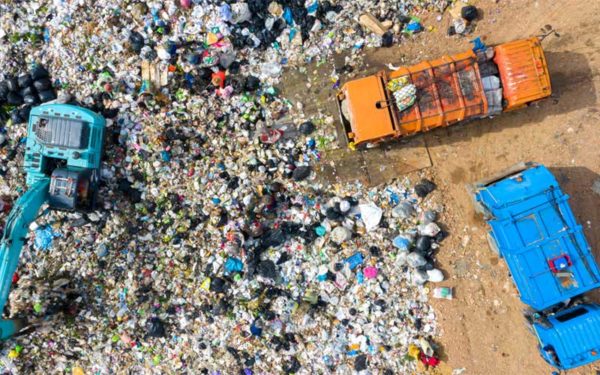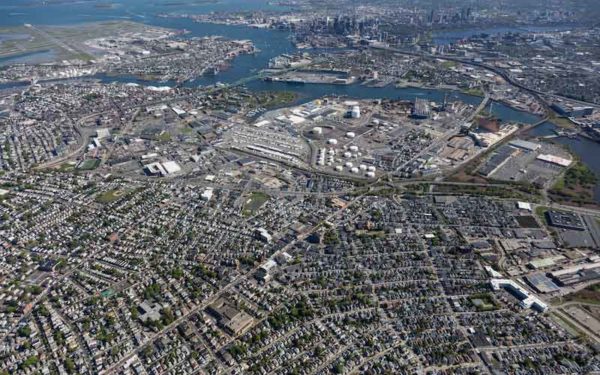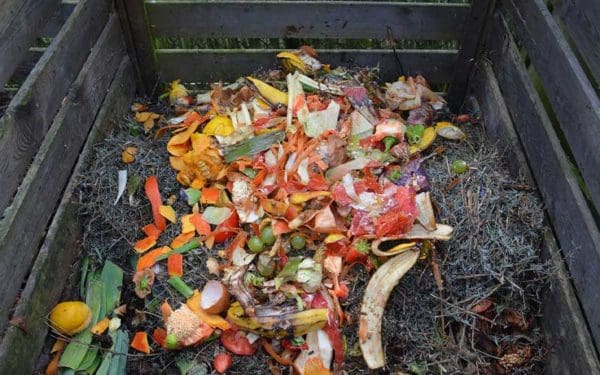Sep 25, 2020
Addressing physical infrastructure only will never be enough to ensure that our communities and our neighbors can both withstand climate impacts and bounce back quickly when catastrophe strikes. The neighborhoods highlighted in this study are currently the highest risk in terms of both the social and physical risks of climate impacts in the City of Boston. The City can and must support and develop climate resilience hubs to ensure that our communities have the resources they need now and into the future.
Sep 25, 2020
Addressing physical infrastructure only will never be enough to ensure that our communities and our neighbors can both withstand climate impacts and bounce back quickly when catastrophe strikes. The neighborhoods highlighted in this study are currently the highest risk in terms of both the social and physical risks of climate impacts in the City of Boston. The City can and must support and develop climate resilience hubs to ensure that our communities have the resources they need now and into the future.
Sep 18, 2020
Recycling is confusing, but it doesn’t have to be. By holding Big Corporations responsible for the flood of single-use packaging they create, we can incentivize them to redesign their products and containers to be truly recyclable, or better yet, reusable.
Sep 13, 2020
Two years after gas explosions rocked the Merrimack Valley, Lawrence is still fighting to ensure the health, safety, and wellbeing of its residents. And in fighting for Lawrence’s recovery, we can protect communities across the Commonwealth, too.
Sep 10, 2020
Burning and burying our trash leads to carbon pollution. We need to phase out these old, polluting incinerators and landfills and replace them with zero-waste alternatives. By doing so, we can help lower climate-damaging emissions and protect our communities and the environment.
Sep 10, 2020
The impacts of Hurricanes Harvey and Laura on oil and chemical facilities in Texas and Louisiana were foreseeable. Yet, Big Oil giants like ExxonMobil and Shell have left their facilities there vulnerable – and now the surrounding communities are paying a terrible, long-term price. It is difficult to grapple with such a massive corporate failure. We can’t risk the same happening here in New England.
Sep 08, 2020
We don’t have good systems for dealing with our waste other than throwing a mix of toxic junk into our garbage cans. But we could. The truth is, it’s not a question of whether we should bury or burn our waste. What we should be asking is this: how do we produce less trash?
Sep 07, 2020
Jackie Mercurio is carrying on her mother’s fight against a toxic waste incinerator.
Sep 02, 2020
Making any life change takes time, and the same goes for slashing your trash – including what goes in your recycling bin. That’s why we’ve put together this list of tips to help you get started.
Sep 01, 2020
Food and yard waste hurt our economy and environment. But home composting can help! Get your backyard compost started using these handy guidelines.
